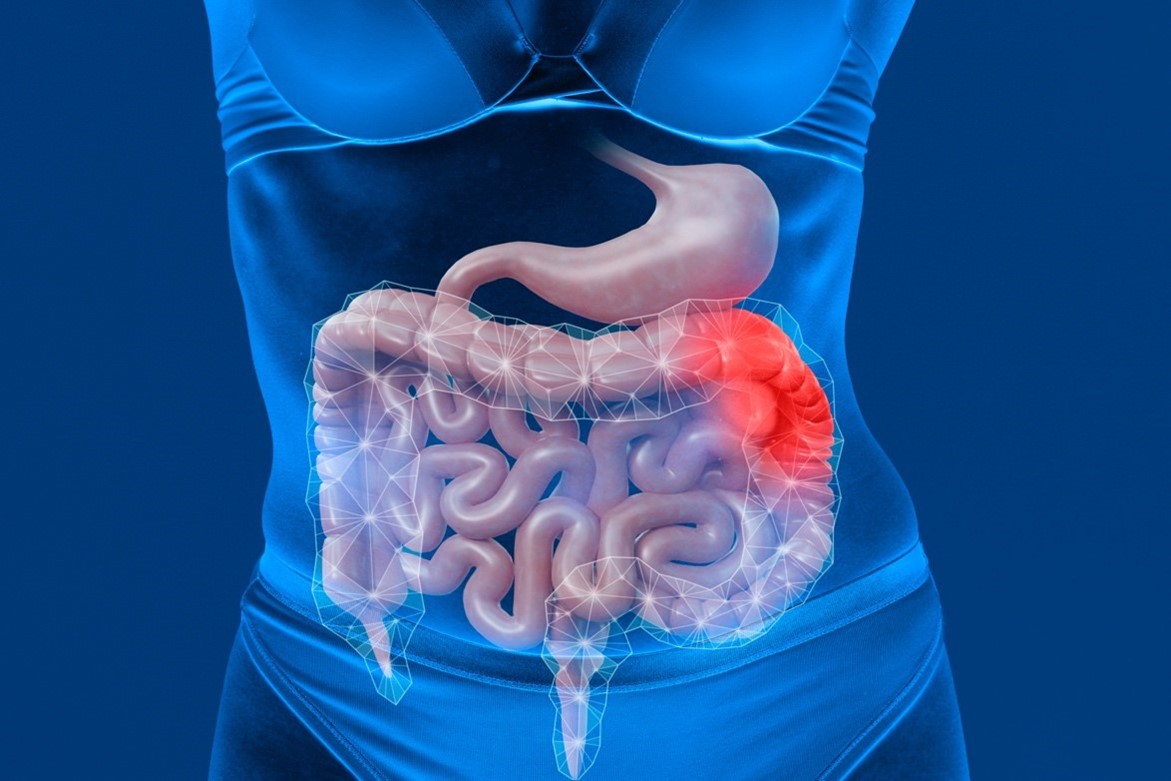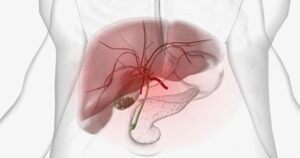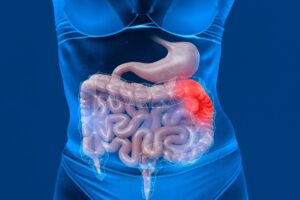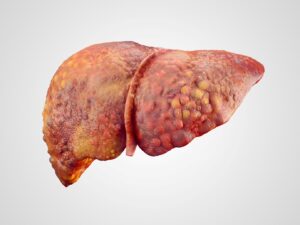A chronic condition causes inflammation in the gastrointestinal (GI) tract. It primarily includes two types: Crohn’s Disease and Ulcerative Colitis. Crohn’s Disease affects any part of the GI tract, while Ulcerative Colitis is limited to the colon and rectum. This inflammation leads to a variety of symptoms and can significantly affect daily life. In this guide, we’ll explore IBD, its symptoms, causes, diagnosis, treatment options, and tips for living with the condition.
What are the Symptoms of IBD?
IBD symptoms vary from person to person but often include:
- Persistent diarrhea
- Abdominal pain and cramping
- Blood in the stool
- Urgent need to move bowels
- Unexplained weight loss
- Fatigue
These symptoms range in severity and may come and go during flare-ups and remission periods.
What Causes IBD?
The exact cause of IBD is still unclear, but it is believed to result from an abnormal immune response in genetically susceptible individuals and the immune system attacks mistakenly to the healthy tissue in the GI tract. Factors such as diet, stress, and environmental triggers may also contribute to the development of IBD.
How is IBD Diagnosed?
Diagnosing IBD usually requires several tests and procedures:
- Blood tests to detect anemia or signs of infection.
- Stool tests to check for blood or harmful pathogens.
- Endoscopic procedures like colonoscopy or sigmoidoscopy to examine the inside of the GI tract.
- Imaging tests: CT scans or MRIs to look for inflammation or other abnormalities.
What Are the Treatment Options for IBD?
There is no cure for IBD, but treatment helps to manage symptoms and quality of life:
- Medications
- Nutritional therapy to ensure adequate nutrition, especially during flare-ups.
- Surgery may be required in severe cases to remove damaged portions of the GI tract.
How Can You Manage Life with IBD?
Managing IBD goes beyond medical treatments:
- Diet modifications: Identify and avoid foods that trigger symptoms.
- Regular exercise: It helps to reduce stress and promote overall health.
- Stress management: Practices like yoga, meditation, or counseling can be beneficial.
- Regular check-ups: Essential for monitoring your condition and adjusting treatment as needed.
While living with IBD can be challenging, with the right treatment and lifestyle adjustments, many people lead fulfilling lives. If you or someone you know has IBD, remember that managing the condition is possible, and support is available to help navigate the journey.









